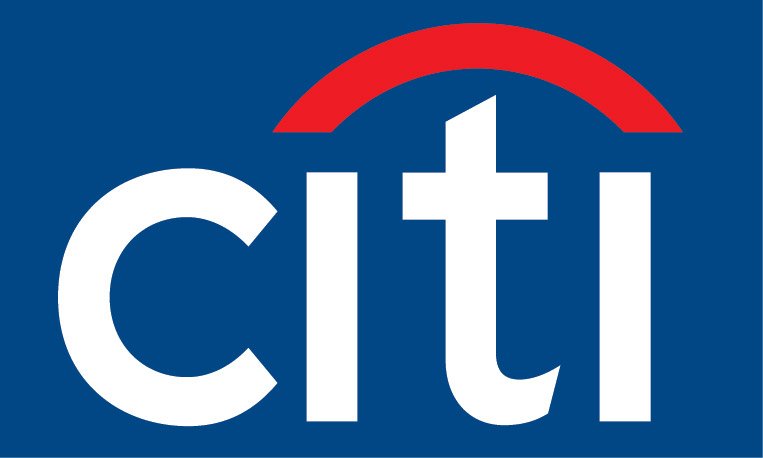On Thursday, Announcing its first-quarter results, Citigroup said it is shuttering down its retail banking operations in 13 countries across Asia, including India, and parts of Europe to concentrate more on wealth management outside the US. However, the bank did not give the deadline for its exit
This can be seen as one bold strategic move made by CEO Jane Fraser, the first female CEO of a Top-Tier Investment Bank, who took over the company’s reins last month.
Citigroup will concentrate on its global consumer banking business in four markets: Singapore, Singapore, Hong Kong, London and the United Arab Emirates. It will exit its business from China, India, where “we don’t have the scale we need to compete,” added Citi Chief Executive Jane Fraser.
Citi bank will depart its business from countries like Australia, Malaysia, Bahrain, Korea, Indonesia, Russia, Vietnam, the Philippines, Thailand, Poland, and Taiwan.
“As a result of the ongoing refresh of our strategy, we have decided that we are going to double down on wealth,” Fraser noted in a release.
Further saying, it “positions us to capture the strong growth and attractive returns the wealth management business offers through these important hubs.”
However, this decision will not have any direct impact on Citigroup’s operations and its employees in India.
“India is a strategic talent hub for Citi. We will continue to tap into the rich talent pool available here to continue to grow our five Citi Solution Centers which support our global footprint. There is no immediate change to our operations and no immediate impact to our colleagues as a result of this announcement. In the interim, we will continue to serve our clients with the same care, empathy and dedication that we do today,” said Citi India CEO, Ashu Khullar.
Citibank India, which started its operation in 1902 serves over 2.9 million retail customers, with 1.2 million bank accounts and 2.2 million credit card accounts, and almost 6 per cent retail credit card market share is spent in the nation. The bank is said to popularise the concept of credit cards and ATMs in India in the ’80s.
Citigroup will be needing a buyer for its retail banking operations in India.
“There is no immediate change to our operations and no immediate impact to our colleagues as a result of this announcement. In the interim, we will continue to serve our clients with the same care, empathy and dedication that we do today.” For the Citi franchise in India (Citi) in aggregate, total assets, including credit extended to Indian institutional clients from offshore Citi entities, as on March 31, 2020, was ₹ 2,99,250 crore,” said Khullar.
“Citi is not closing down consumer business in India. However, the plan is to sell off this business. There won’t be any retrenchment or closure of offices. We will focus on the institutional business,” said an official of the bank.
Citigroup Inc overwhelmed analysts’ profit estimates of quarter one, as its outlook for an economic recovery driven by inoculation and government stimulus let it release reserves set aside for loan losses due to pandemic.
Citi Asia Pacific CEO Peter Babej said, “The Asia Pacific is an integral part of our global strategy and a key driver of our growth and value proposition. We will continue to invest in our network across the region and deliver Citi’s unique global capabilities to clients across all our markets.”
Like JPMorgan Chase & Co, which released a statement on earnings on Wednesday, Citi is also benefited from a boom in capital markets activity, but its customer section felt the impact of low-interest rates that resulted in low earnings.
Revenue dropped down 7% on low-interest rates and a 10% decline in loans, mainly because of consumer credit card loan balances.
Net income rose three times to $7.94 billion, or $3.62 per share, from $2.54 billion, or $1.06 per share, last year. Analysts expected a profit of $2.60 per share on an average, according to Refinitiv IBES data.

